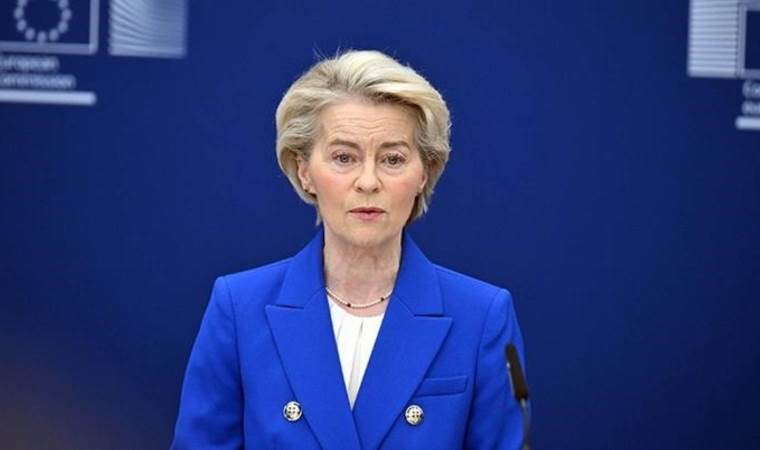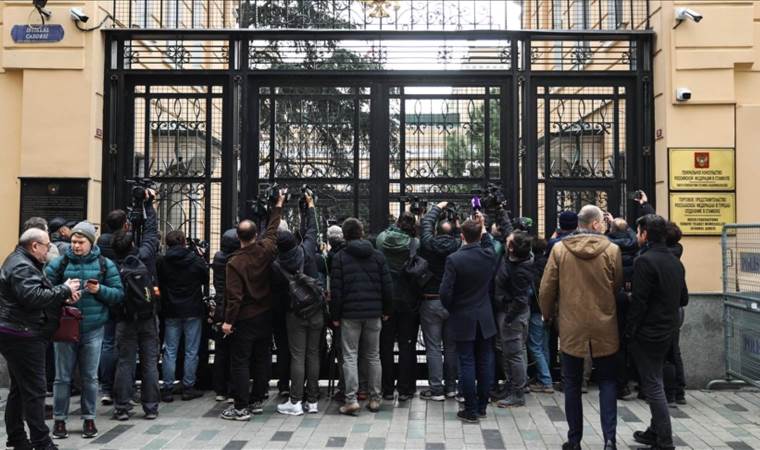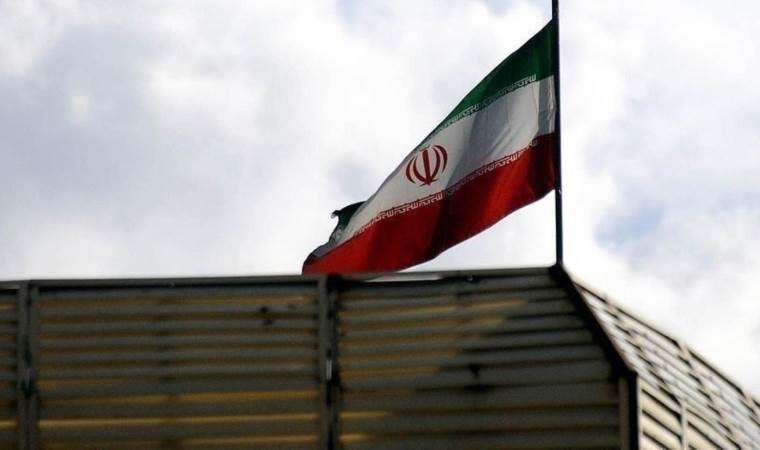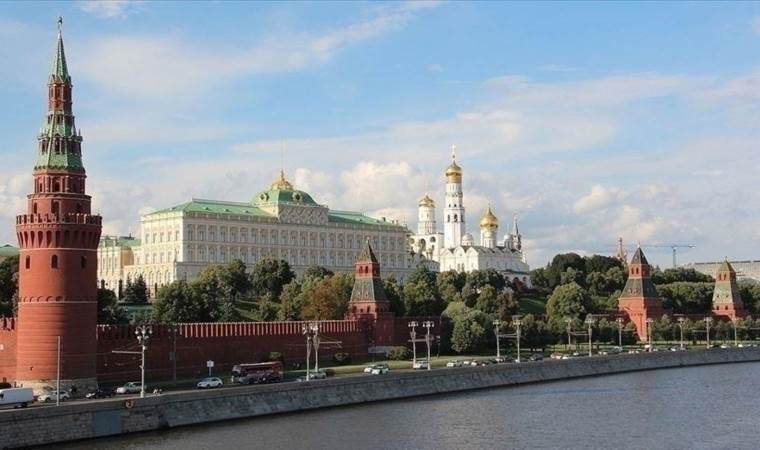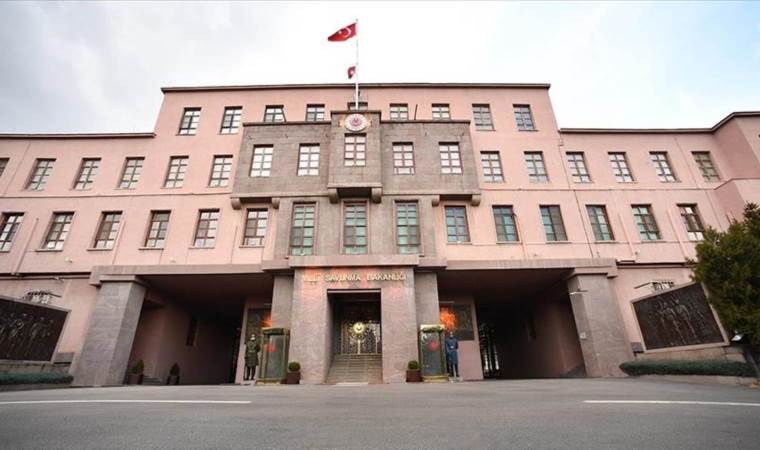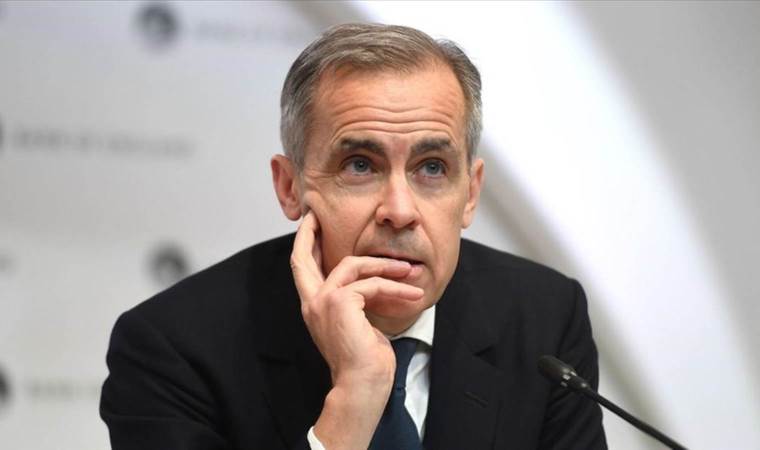Teen killed by police in France: 40 years of injustice, anger
'40 years later, it seems that things have not changed. In reaction to that injustice, violence occurred in the neighborhood,' resident of Paris suburb tells Anadolu.
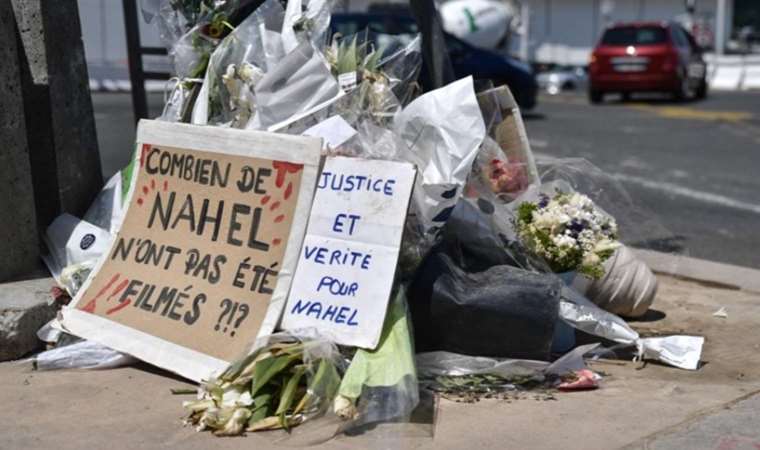
The anger over the fatal police shooting of a 17-year-old Algerian boy in the Paris suburb of Nanterre on June 27 can be explained, although the violence which ensued cannot be justified.
Nanterre residents spoke to Anadolu about their stance on the protests that have swept the country since last week.
June 27
Youths took to the streets after police killed Nahel M. in the Paris suburb.
At around 7.30 p.m. local time (1730GMT), an Anadolu correspondent reached Nanterre to observe the situation.
A youth riding a scooter asked him if he was a journalist, and offered to take him to the troubled neighborhood.
"Here, see the things for yourself," the young man said.
"Draw your own conclusions of what is happening here," he added, criticizing the local media outlets for doing propaganda.
As soon as the Anadolu correspondent started filming the scene, a police officer targeted his face with a ball blaster – which is illegal – and yelled at him to move back.
In this chaotic scene, Anadolu tried to interview protesters, who mostly did not consent to being filmed.
Criticizing racist speech, biased media
Protesters who were interviewed criticized police brutality and the mainstream media outlets, as well as the political and judiciary systems in France for xenophobic speech toward "middle-class" youngsters, which is another way of saying "of North African or Sub-Saharan African descent."
M., a man in his 60s who chose not to give his full name, regretted the killing of the 17-year-old boy "like an animal."
"In the past, we were told stories, we always had doubts about arrests. This time, we clearly saw that the police officer's statement was false," M. said. "Without footage, we were told that the police did their job."
He criticized the police for using violence.
"This caused a tragedy although police officers were not in danger," M. continued, adding that people from his generation were well aware of these situations.
"Forty years ago, people started marching from Lyon across France, to denounce all of this," he recalled. "They launched a hunger strike against police violence. Now, 40 years later, it seems that things have not changed."
M. also deplored the ways of handling infractions in wealthy neighborhoods compared to middle-class areas.
"There are social problems too," he added. "People are impoverished, there is misery, people living in worse conditions. The cost of living has increased and the government thinks that this does not reflect on the neighborhoods."
M. in this context blamed the increase of unemployment and single-parent families.
"People struggle to find accommodation and jobs," he said.
The Nanterre-resident however did not approve of the acts of violence, including setting fire to schools, bank branches and shops.
Most Read News
-
 Indonesia will 'stand side by side' with Türkiye in defe
Indonesia will 'stand side by side' with Türkiye in defe
-
 EU agrees on 90-day pause in countermeasures against US
EU agrees on 90-day pause in countermeasures against US
-
 Russia-US talks in Istanbul conclude after more than 5 h
Russia-US talks in Istanbul conclude after more than 5 h
-
 US, South Korea hold joint naval salvage exercise
US, South Korea hold joint naval salvage exercise
-
 Tesla shares soar 22.6% as Trump grants tariff pause
Tesla shares soar 22.6% as Trump grants tariff pause
-
 Iran says IAEA inspectors could be expelled if threats c
Iran says IAEA inspectors could be expelled if threats c
-
 Kremlin denies Zelenskyy's allegations of Chinese involv
Kremlin denies Zelenskyy's allegations of Chinese involv
-
 Türkiye, Israel hold first technical meeting on conflict
Türkiye, Israel hold first technical meeting on conflict
-
 Russia confirms prisoner exchange with US
Russia confirms prisoner exchange with US
-
 Canadian premier calls US tariff pause a 'welcome reprie
Canadian premier calls US tariff pause a 'welcome reprie

